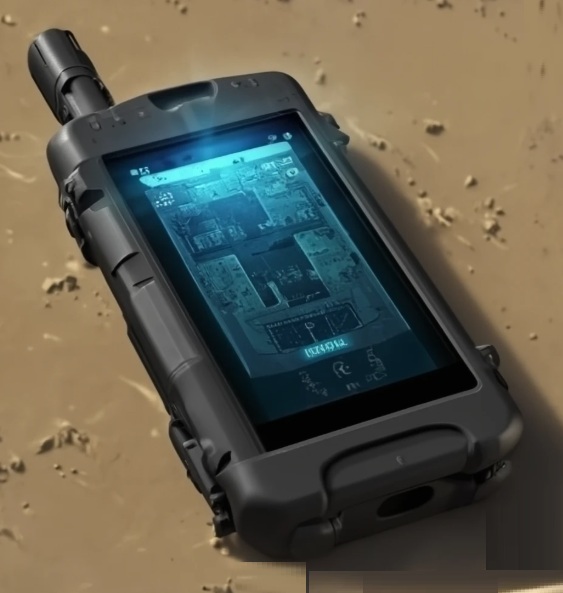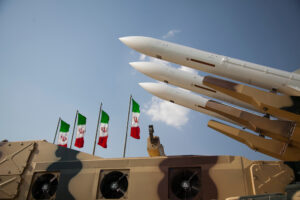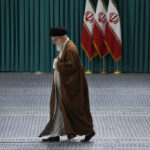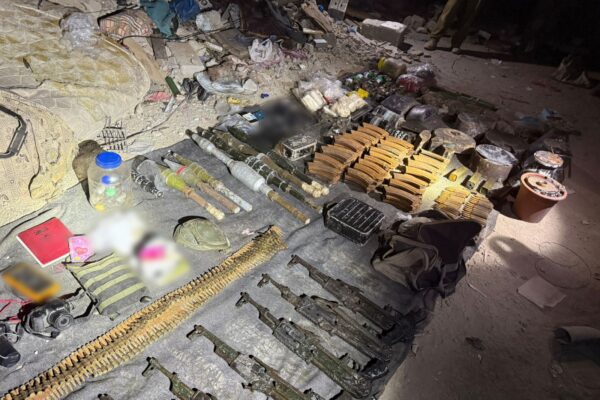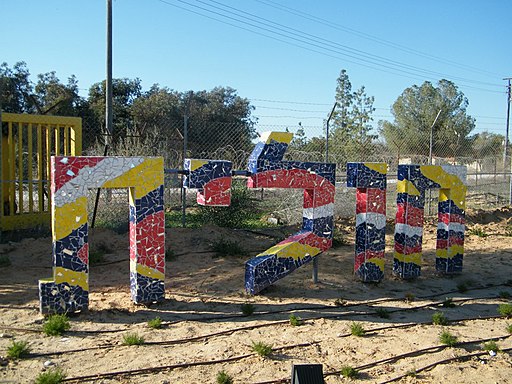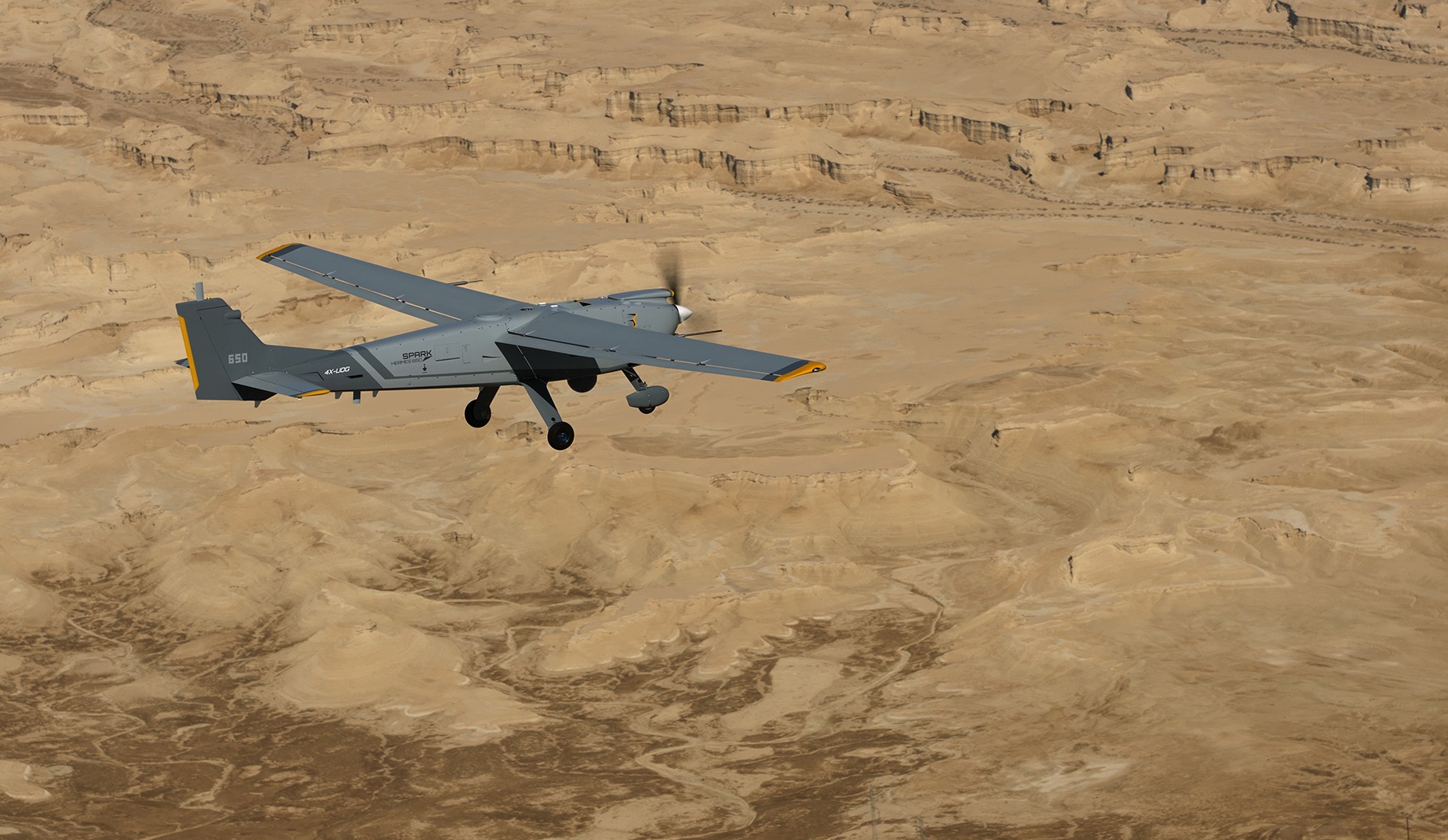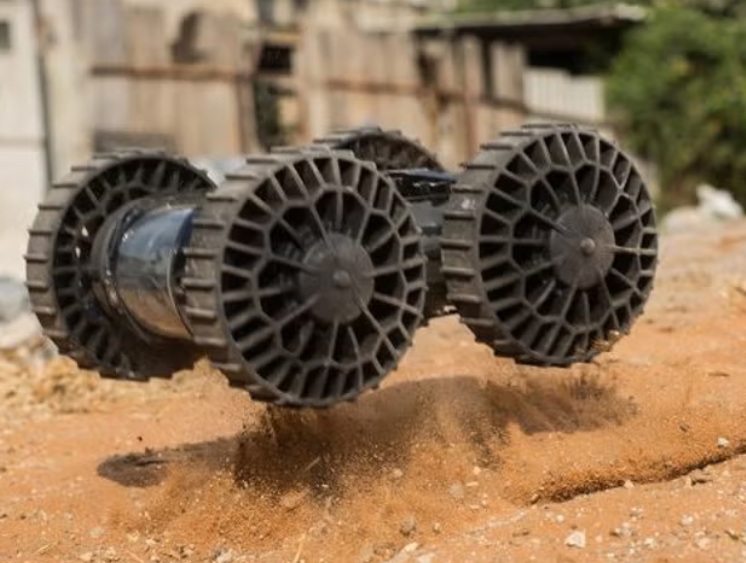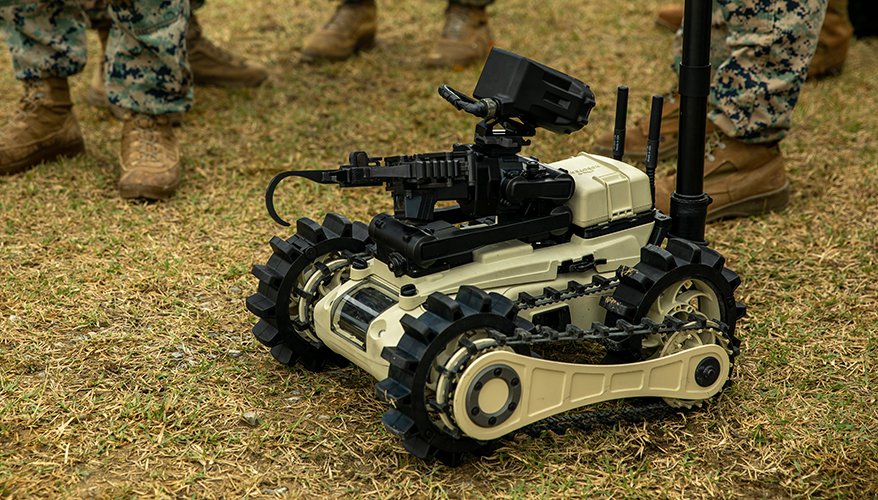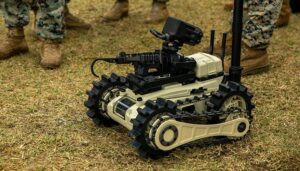Encrypted smartphones ensure secure communication across every level of command.
By Hezy Laing
When people think of the Israel Defense Forces’ most vital technology, they imagine F‑35 Adir stealth fighters, Iron Dome missile interceptors, or advanced drones like the Hermes 900.
Yet insiders insist that the most indispensable tool in the IDF today is far more mundane: the encrypted smartphone.
Encrypted smartphones ensure secure communication across every level of command.
Every soldier, unit, and commander depends on instant communication, and these hardened devices guarantee that orders, maps, and intelligence cannot be intercepted by enemies.
They run custom battlefield applications for navigation, target marking, drone feeds, and logistics, all restricted to military‑grade systems.
Cyber defense is a critical feature, as Iran, Hezbollah, and Hamas operate cyber units constantly attempting to hack IDF communications.
These smartphones are built to resist malware, phishing, and signal interception, while linking directly to command and control networks.
Soldiers receive real‑time updates, satellite imagery, and intelligence briefs instantly, even in combat.
Ruggedized for dust, shock, and extreme weather, they remain operational under the harshest conditions.
If networks are jammed, they can switch seamlessly to mesh networking or satellite links. In modern warfare, information is as vital as firepower, making encrypted smartphones the digital nervous system of the IDF.
Every senior officer in the IDF carries two devices at all times, one fully encrypted for classified military communication and one personal phone for family and civilian use.
The encrypted phones are produced under strict supervision by the Ministry of Defense and the Directorate of Defense Research and Development (DDR&D).
They run hardened operating systems, stripped of commercial apps, and are equipped with secure messaging and voice channels that meet NATO standards.
According to reports, the IDF began issuing these dual‑phone kits after the 2006 Second Lebanon War, when Hezbollah intercepted unsecured Israeli communications.
By 2023, the system had become universal among generals, division commanders, and senior staff officers.
Major‑General Tomer Bar, commander of the Israel Air Force, is said to rely on his encrypted device daily for operational updates, while Chief of Staff Lieutenant‑General Eyal Zamir uses his secure phone to coordinate with the Prime Minister’s Office and Mossad.
The phones are linked to the IDF’s encrypted network known as “Shavit,” which allows secure video conferencing and battlefield data sharing.
The importance of these devices was underscored during the October 7 Hamas attack, when encrypted phones enabled rapid coordination between Southern Command, the Air Force, and Shin Bet.
Analysts note that without secure mobile communication, Israel’s response would have been slower and more chaotic.
Compared to tanks or jets, encrypted smartphones may seem unimpressive.
Yet they are the invisible backbone of Israel’s command structure, ensuring that orders flow without interception.
In an era of cyber warfare, where Iran and Hezbollah invest heavily in electronic espionage, the IDF’s encrypted phones are arguably its most critical piece of technology.
Every senior officer carries two, one for the war and one for home, a dual reality that reflects the constant balance between national security and personal life in Israel.


